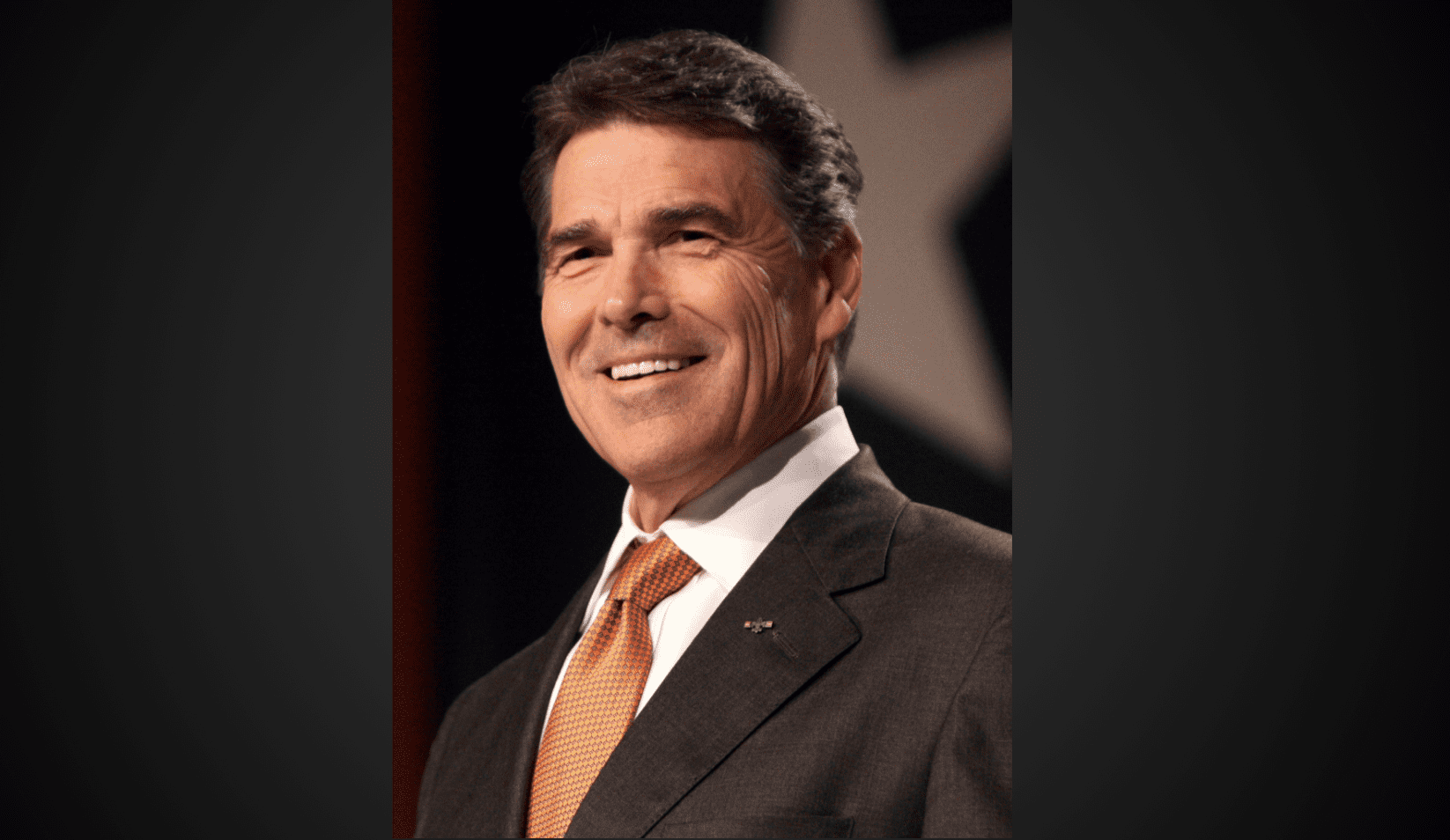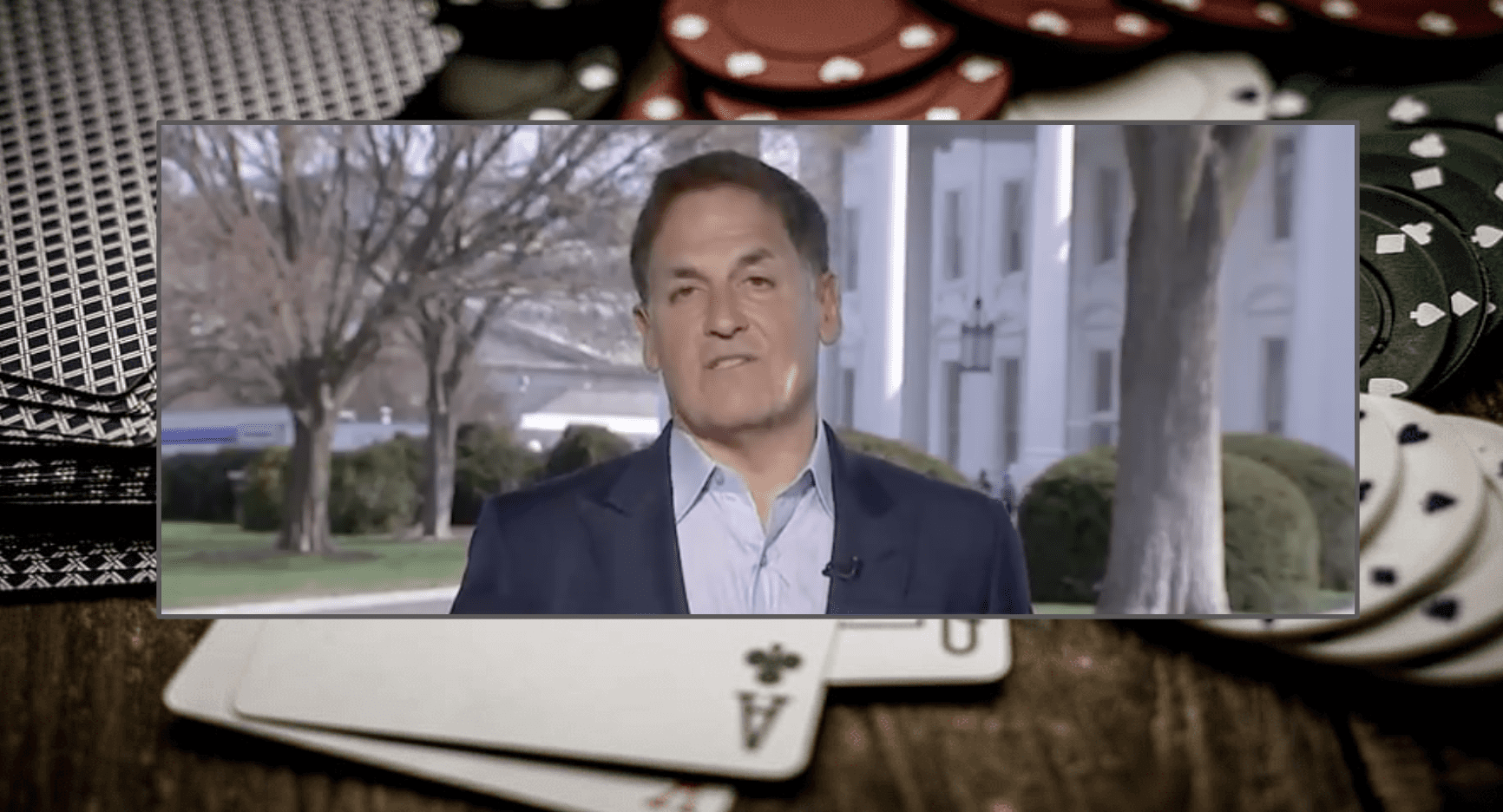Amid a push to expand gambling to Texas, Las Vegas Sands spearheaded pro-gambling lobbying and campaign contributions during the previous legislative session.
Near the end of the 2021 legislative session, Las Vegas Sands launched a multi-million dollar public relations campaign to expand gambling in Texas. The timing was widely characterized as strange since, in April, an ad campaign with no momentum was unlikely to yield results, and it did fail.
Then, during the 2022 election season, a Sands PAC doled out $2 million to Texas candidates, including $300,000 to House Speaker Dade Phelan (R–Beaumont), $225,000 to Lt. Gov. Dan Patrick, $200,000 to Gov. Greg Abbott, and $50,000 to Comptroller Glenn Hegar.
Ahead of the 2023 legislative session, casino gambling interests signaled they would continue their full-court press to add casinos to the limited number of legal gambling options currently available to Texans, and they weren’t alone.
Near the end of 2022, Dallas Mavericks owner Mark Cuban said he’d like to build a new stadium in Dallas within the context of a casino super complex. Cuban insists that such a venture would generate billions in revenue and that the state of Texas wouldn’t subsidize the effort.
This posturing from Cuban—that casino gambling is a revenue windfall and that impact on the state is minimal—isn’t backed up by past iterations of casino gambling. The poor economics of casino gambling have long been established. According to the work of Baylor economist Earl Grinols, for every dollar of revenue casino gambling generates, three dollars are spent.
Costs of casino gambling are typically understated by proponents, as are statistics about who is playing. Again according to Grinols, 30-50 percent of revenues are derived from problem and pathological gamblers. These levels of play by the addicted suggest casinos are a predatory industry that, in Texas and elsewhere, is supported by Democrats.
Legislation to approve online sports gambling saw progress this session in the House on the strength of Democrat support, while casinos were rejected by all but 28 Republicans in the House. As has been the case for years, the Senate was hostile to any approaches by the gambling lobby.
Recent studies have shown that online sports betting is destroying the lives of young addicts. According to The Guardian, calls to New Jersey’s Council of Compulsive Gambling have doubled since the state legalized sports betting in 2018.
Following the 2023 legislative session, Sands appeared to team up with Texans for Lawsuit Reform to back the campaigns of Republicans in the House who showed support for casino gambling. Many of these incumbent lawmakers have been challenged in the upcoming primary election. Several will be opposed by Attorney General Ken Paxton and his allies for supporting impeachment in 2023, while Gov. Greg Abbott will oppose others for their stance on education savings accounts.
Sands’ push is just the latest in a cyclical effort. In the late 2000s and the early 2010s, there were efforts to increase gambling, chiefly at horse tracks. These initiatives were primarily driven by the horse racing industry, which viewed gambling as a way to boost revenue.
In the mid-2000s, Gov. Rick Perry proposed a significant change in how the Texas lottery was operated. He proposed privatizing the lottery, which he believed would increase its efficiency and profitability. This proposal was part of a broader plan to address the state’s budget deficit without raising taxes.
“Truthfully, there’s little to be gained through the expansion of gambling except for possibly an increase in violent crime and expanded welfare rolls,” Brady Gray, Executive Director of the Texas Family Project, said of efforts to grow gambling in Texas.
Gray is correct in pointing out that both crime and welfare programs have been shown to grow with the inclusion of casino gambling. In 2023, as the Texas House was entertaining an expansion of gambling, TFP polled Republican voters and found gambling was viewed negatively and as addictive as drugs or alcohol by 84 percent of those polled.
The efforts to expand gambling in Texas, particularly in 2023, represent a significant chapter in the state’s ongoing debate over gambling laws.
As 2023 draws to a close, attention to gambling in Texas saw a decided uptick.
First, the Adelson family, which owns Las Vegas Sands, announced the purchase of a controlling stake in the Dallas Mavericks and a large swath of land in Dallas. This could be in case the state legalizes casino gambling sometime in the next few years, or, as some have speculated, the Adelsons could move the team to Las Vegas.
Then, more recently, Lt. Gov. Dan Patrick blasted the Texas Racing Commission, a governing body that has a long history of shenanigans when it comes to trying to expand gambling without legislative approval, for voting to create more licenses for racetracks.
No ads. No paywalls. No government grants. No corporate masters.
Just real news for real Texans.
Support Texas Scorecard to keep it that way!




